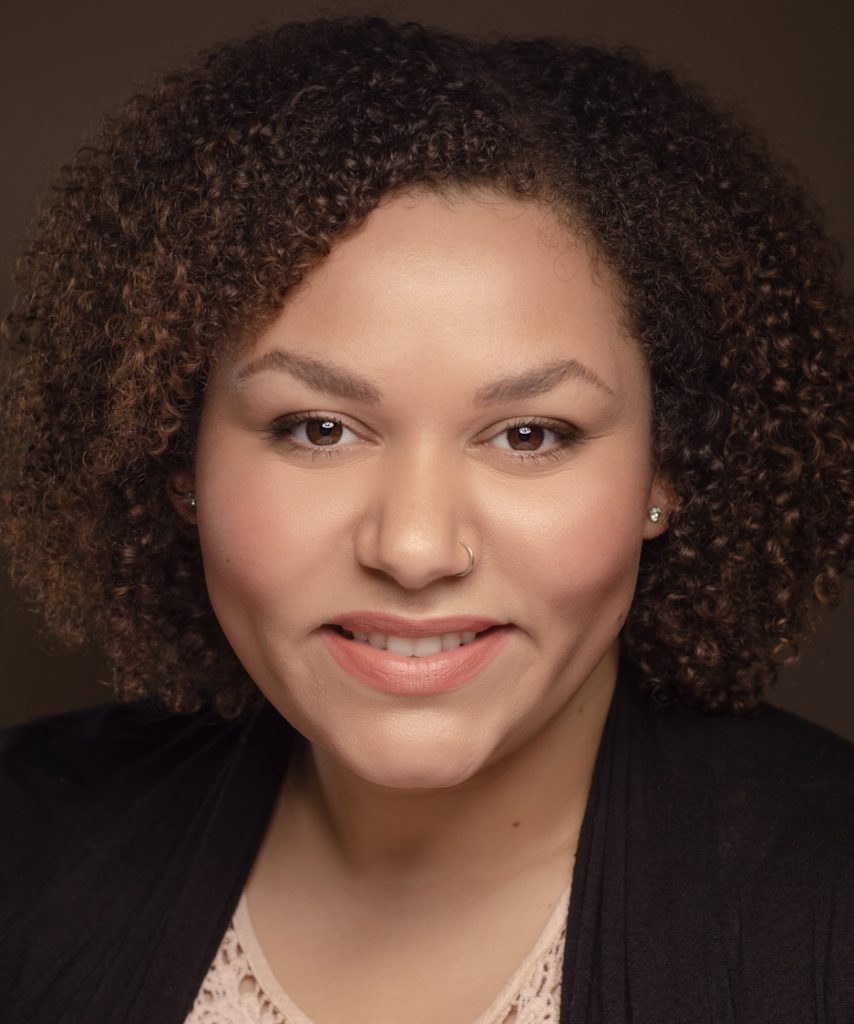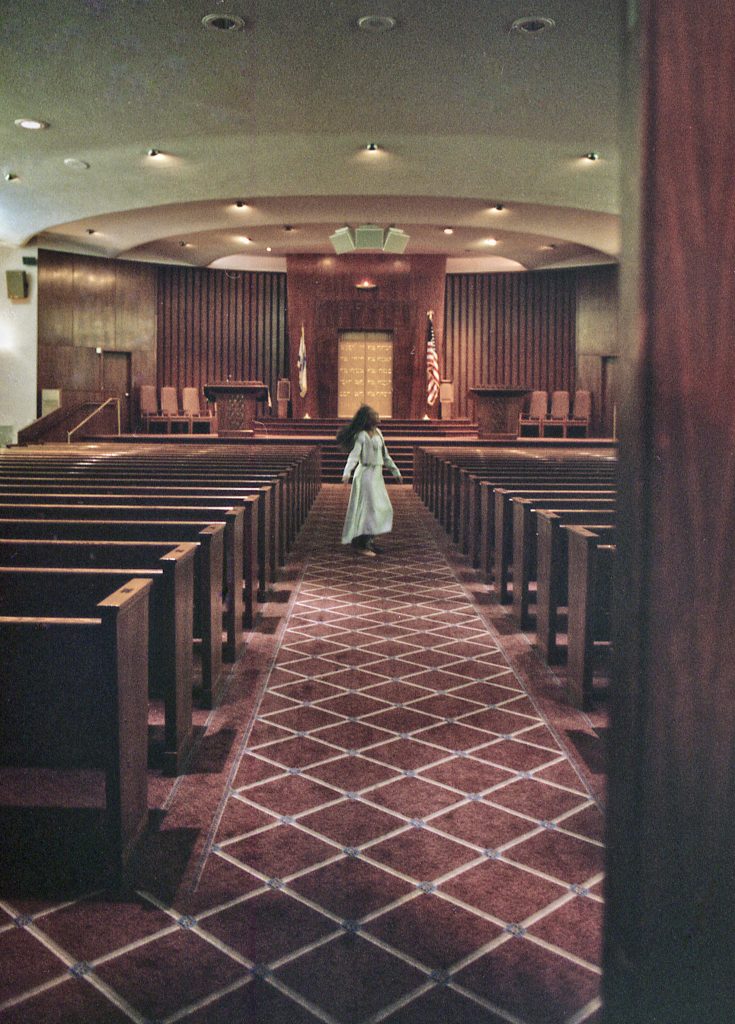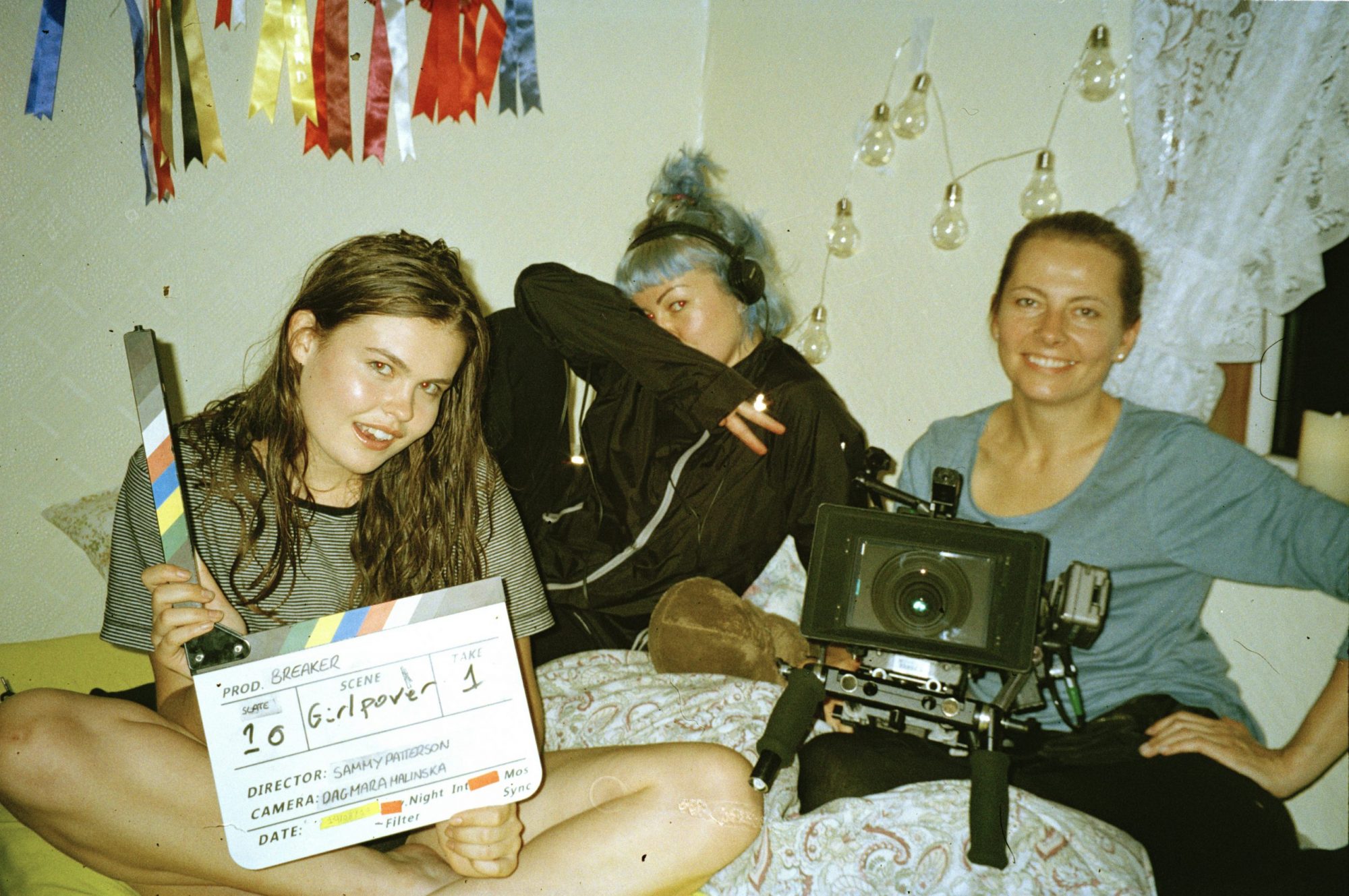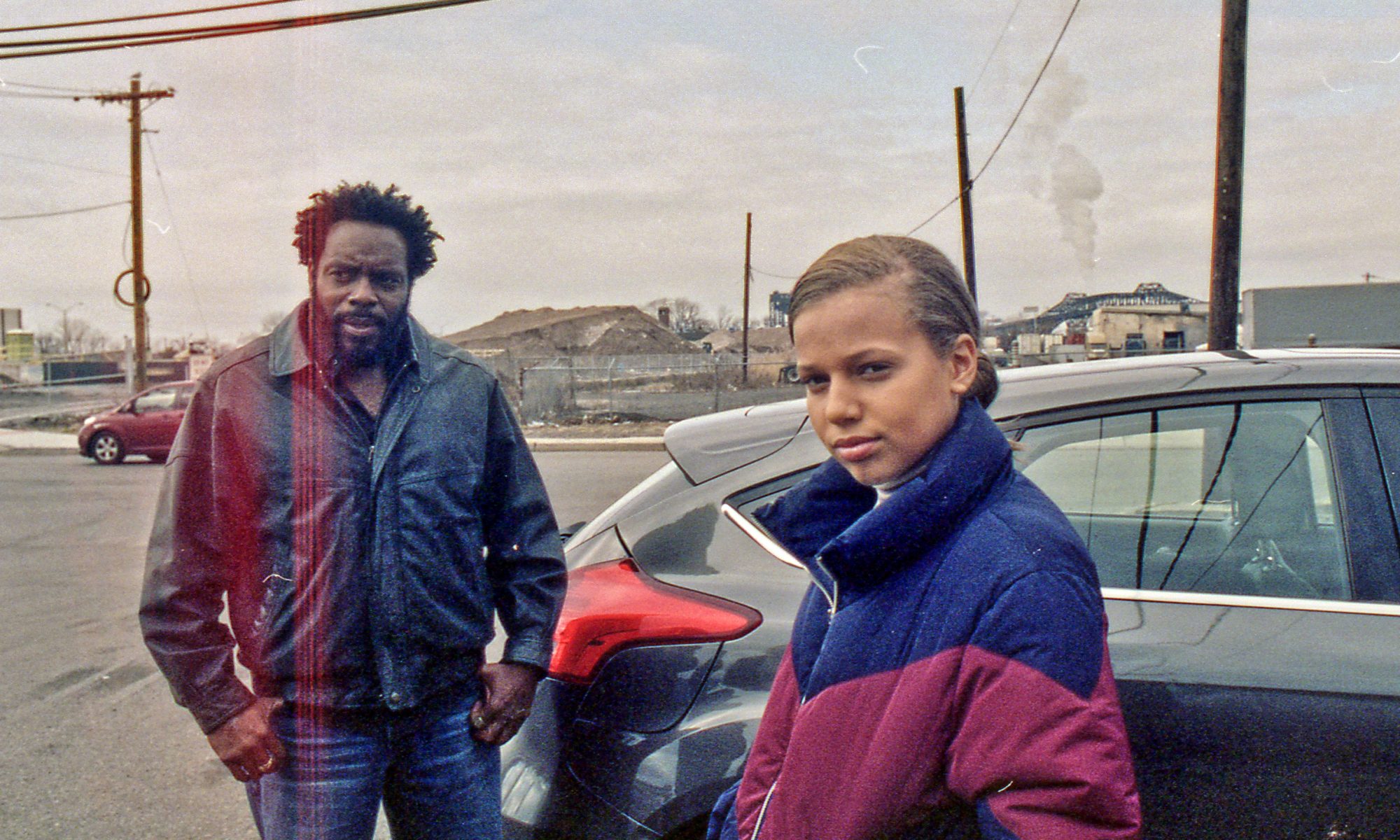Two Wings, One Bird
By Mallory Nicole Davis, Associate Editor

Watch Broken Bird here.
As a very fair, biracial woman, the kink and coil of my natural hair is the most reliable indicator of my heritage that I carry with me as I navigate my bifurcated life. Is my natural hair appropriate for a job interview? Will new acquaintances recognize me as Black if I straighten it? Questions like these still preoccupy my mind with unsettling frequency.
Broken Bird, written and directed by Rachel Harrison Gordon, is an understated and visually stunning film that thrust me back into the tender fragility of becoming while straddling two very different worlds.
In the short, we meet Birdie (played by Indigo Hubbard-Salk), a biracial Jewish girl on the eve of her Bat Mitzvah. As the film opens, the camera pans in on Birdie alone in her room and practicing the passage of the Torah that has been assigned to her. Her hair is pulled back and appears to be pressed, while casually covered by a scarf. In her religious tradition, she is mounting the precipice of womanhood. Although her white mother (played by Mel House) shares her faith, the viewer is only privy to the preparations Birdie makes for the occasion alone.
The next scene flashes to Birdie getting her hair done. Her mother drops her off at the home of a Black woman who washes, rinses and hot combs Birdie’s natural curls as she affectionately coos, “this tender head of yours.” Another Black woman sits nearby, flipping through a copy of Essence magazine. When the hairdresser is finished, Birdie leaves her home to rejoin her mother in the car, who notably, doesn’t occupy any of the Black spaces Birdie moves through, seemingly on her own. When her mother reaches out to touch Birdie’s freshly straightened hair, Birdie snaps at her and self-consciously sweeps her hair into a modest bun.

Birdie’s mother then takes her daughter to spend the day with her father (played by Chad L. Coleman). He and Birdie visit a Chinese restaurant where he lets her drink soda, although she’s “not allowed” and asks, “So… Bat Mitzvah. How’s that going?” Birdie abruptly replies, “I hate the Torah portion they gave me. I hate going there. The rabbis always reminding me, ‘Egypt’s in Africa.” This moment is critical in that it is the first time Birdie shares a glimpse of the private conflict that is swirling around in her mind. Her father offers her a word of advice that seems to disarm his otherwise guarded daughter. “Listen, you don’t need them. If you don’t like what they gave you, make something up. What are they gonna do, stop you in the middle?”
This is a turning point in the film, as we begin to see a pensive Birdie open up in her father’s presence, despite the fact that the two haven’t seen each other in some time. There are moments of tension, however, that emerge between them—like when her father begins to boisterously recite a Jewish prayer at the restaurant, and Birdie covers her face in silent humiliation. Or again, when her father irreverently cranks disco music up in the car and blasts his horn to the beat. At first Birdie begs him to stop, but eventually, she succumbs to laughter. Although her father lacks access to her spiritual world, in contrast to her mother, he takes his daughter’s reservations in stride and loosens her rigidity with humor and the reminder that she—in all of her contradiction—is whole, not two disparate halves.
That evening, Birdie pulls boxes of her father’s old disco records into her room, fantasizes about dancing à la Donna Summer down the aisle of her synagogue, and wets her straightened hair to revive her natural curls.

The closing scene of the film features Birdie, on the morning of her Bat Mitzvah, standing by herself outside of her synagogue. By now, the viewer is accustomed to seeing Birdie appear on screen alone, but this time is markedly different. It is the first time and only time we see her appear with her big, lush hair in its natural state. As Birdie smiles to herself before she enters the synagogue, there’s an ease to her expression that suggests she is walking into womanhood on her terms and without apology.
Broken Bird delivers a quietly beautiful coming of age story that is only made richer by the complexity of its protagonist’s dueling identities. Indigo Hubbard-Salk simmers and shines as Birdie with a vulnerability that is sure to resonate. Writer and director, Rachel Harrison Gordon brings the intimacy of Birdie’s internal conflict to life through careful juxtaposition, sparse but deliberate dialogue and the brilliantly sensory depictions of Birdie’s natural hair throughout. This short offers a stunning portrayal of the heartbreak, alienation and triumph that colors becoming who you are when you squarely stand with one foot in two divergent worlds.
Watch Broken Bird here. Craving more films by Black Directors? We recommend watching Mr. Weekend, No Lye: An American Beauty Story and Since I Been Down. These films, among many more, can also be found here.

